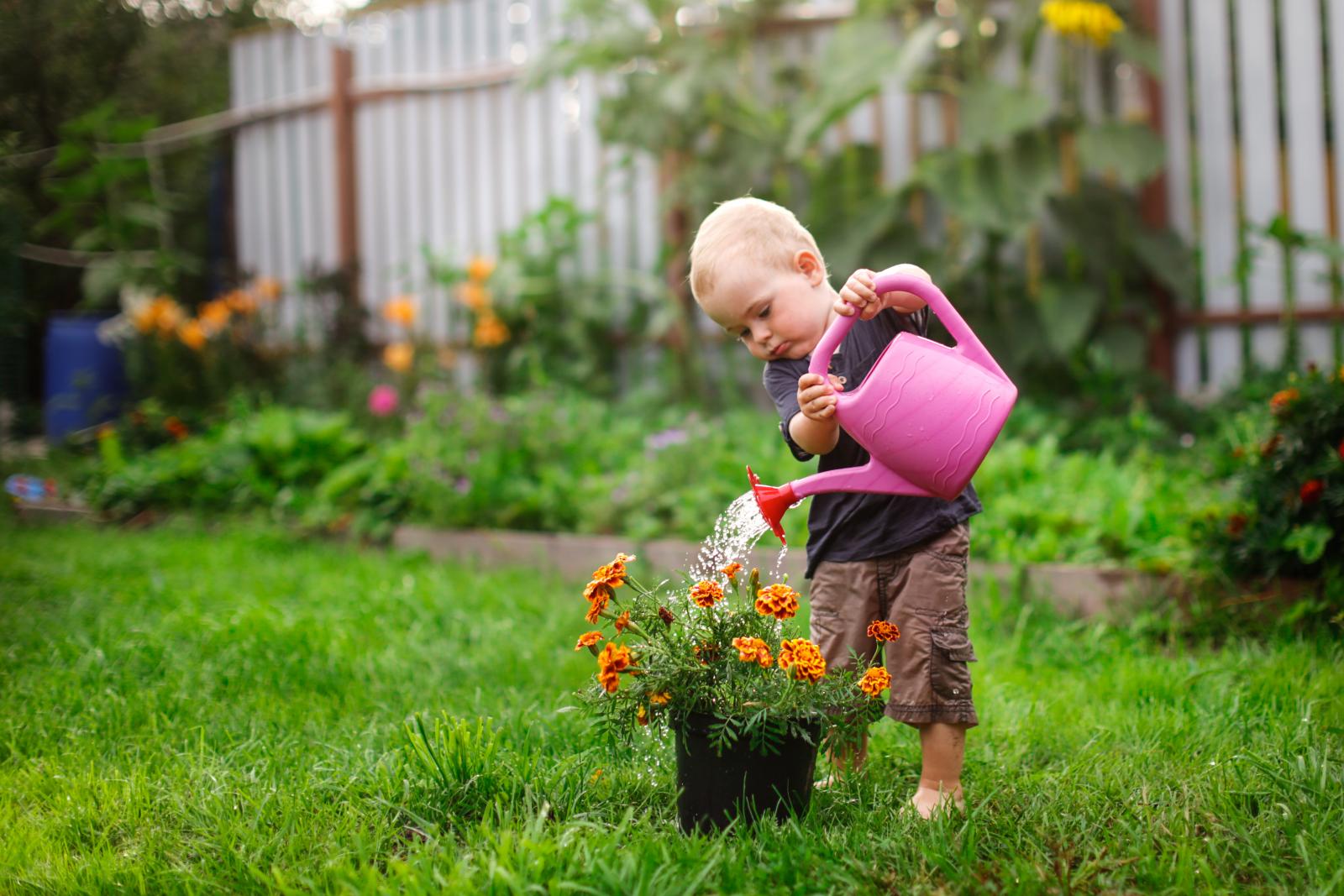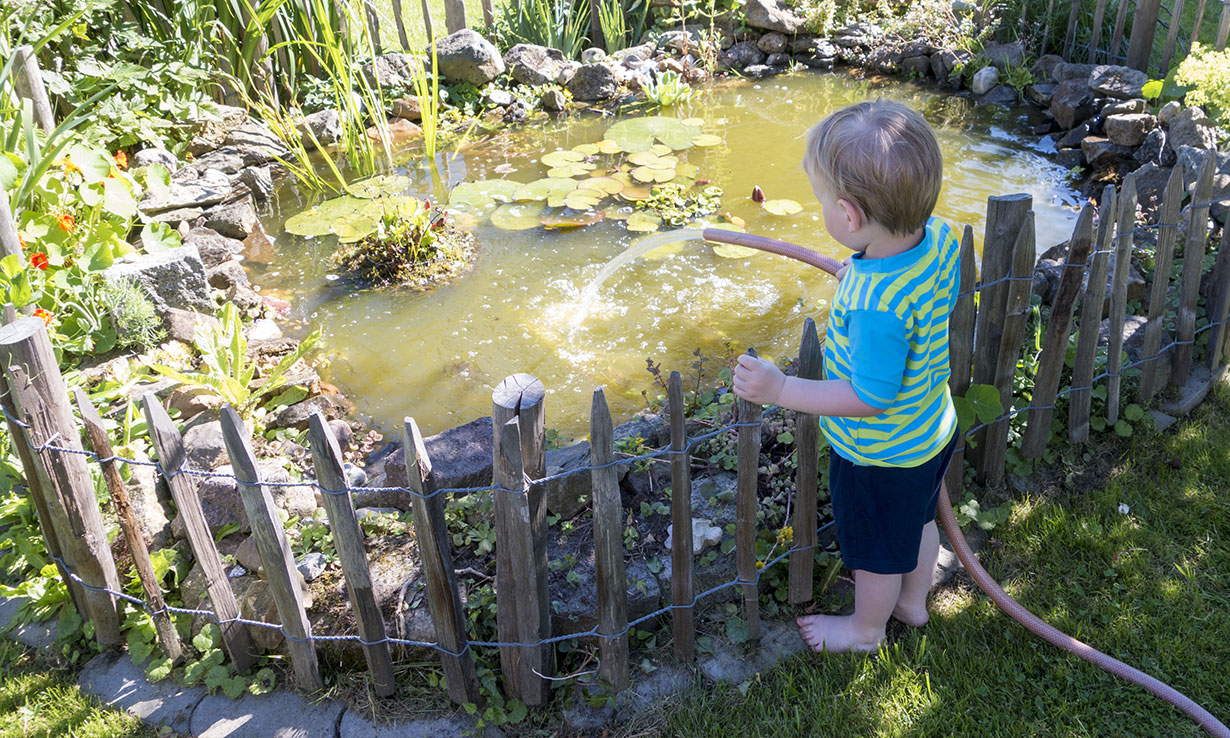If you have kids, you know how much fun gardening can be. It’s not just fun though, it’s a great way for you to teach your kids about nature. They’ll learn how things grow, and they’ll be more likely to try new fruits and vegetables if they’re growing them themselves. You can even sell some of the bumper crops you harvest at the local farmer’s market.
Taking care of your plants can be as simple as scooping out the soil. For younger children, it’s also an opportunity to develop their fine motor skills. As they get older, they’ll be able to do more complex tasks such as planting, harvesting, and weeding.
There are many gardening tools to choose from, and some are made for kids and adults alike. Many are stylish and comfortable, and some are designed with safety in mind. Some of the better choices include the following:
The most important part of any gardening endeavor is making sure the kids are involved. Whether you’re introducing a child to your family’s garden or extending your own, make sure to allow plenty of hands-on time. This will help keep everyone focused and engaged.
A small, well-designed vegetable garden is a good place to start. During the spring, you can plant carrots, peas, and other quick-blooming annuals. Try to incorporate a few herbs into the mix. Also, don’t be afraid to experiment with leaf crops. In addition to being a tasty snack, these can be harvested multiple times.
The garden is an excellent vantage point for a child’s imagination. Children love to see and touch all sorts of stuff, and there are some truly fascinating things to be seen on the other side of the fence. Even if the children are too young to participate in the actual labor, you can still have fun with them.
For example, you can show them a sunflower. It’s the size of a 10 foot tall tree, and it can make for a magical experience. Alternatively, a small row of sunflowers could make for a nice family project.
There are a few other ways to engage kids in your garden. Depending on the age of your kids, you might want to consider letting them build their own miniature vegetable garden or green bean teepee. However, it’s best to avoid any kind of one-way relationship, or the temptation to leave the kids alone with the tools.
Among the many benefits, kids who take the time to garden also gain confidence and self-sufficiency. By giving them a little freedom, you can encourage them to become more independent and to develop an appreciation for the value of hard work. That’s a lesson that will last a lifetime.
While some kids may be put off by equipment that dwarfs them, others will be more than willing to do their share of the grunt work. And don’t forget to reward the best of the bunch with a special treat.
Lastly, don’t be afraid to have a fun water fight if you’re in the blazing heat. With a little luck, your kids may actually enjoy it.


